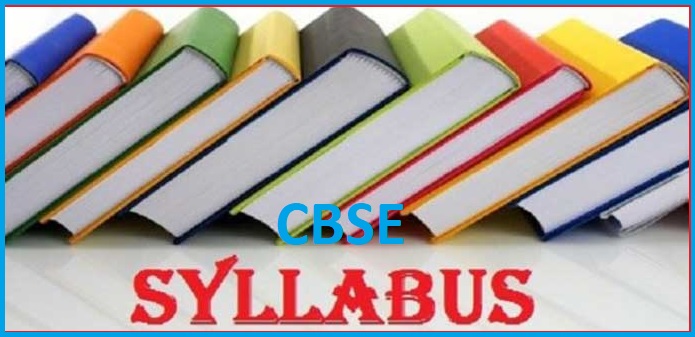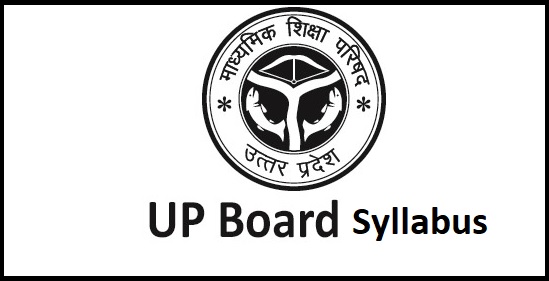CEBA in Commerce Field Syllabus 2023

The field of commerce is getting computerized and artificial intelligence is playing its part. So, it is no surprise that many students are now opting for the CEBA subject combination in commerce after class 10th. CEBA stands for Computer Science, English, Business Studies and Accountancy. With a combination of commerce subjects and computer science, students are looking to get skills that are futuristic.
The CEBA in commerce field Syllabus 2023 is designed to provide a well-rounded education that combines technical skills with communication and business knowledge. In this post, we will provide the complete syllabus for the CEBA subject combination. We will also provide you with some tips to do well in the CEBA subjects in commerce after matriculation.
CEBA in Commerce Field Syllabus 2023 Overview
| Name of the course | CEBA in commerce |
| Full Form | Computer Science, English, Business Studies, and Accountancy. |
| Duration | 2 Years |
| Equivalent to | Class 11th and 12th |
| Level of the syllabus | 1st and 2nd PUC level |
| Format |
CEBA Syllabus in Commerce After 10th
Here is the subject-wise syllabus of the CEBA subject combination. Please note that the syllabus is different for 1st year and 2nd which is equivalent to class 11th/ 1st PUC and class 12th/ 2nd PUC respectively.
Computer Science Syllabus
| 1st PUC | 2nd PUC |
| Overview of a Computer | Typical configuration of Computer system organisation |
| Input, Output and Memory devices | Boolean Algebra |
| Data Representation | Data Structures |
| Software Concepts | Object Oriented Programming |
| Problem-Solving Methodology | Database Concepts |
| Object Oriented Concepts | Networking Concepts |
| Introduction to C++ | Internet and Open Source Concepts |
| Data Types | Web Designing |
| Input and Output Operators | |
| Control Statements | |
| Arrays | |
| Functions | |
| User Defined Functions | |
| Structures | |
| Word Processing | |
| Spreadsheets | |
| Web Designing |
CEBA English Syllabus
| 1st PUC | 2nd PUC |
| The Gentleman of The Jungle | Romeo and Juliet |
| The School Boy | Too Dear |
| Around a Medicinal Creeper | On Children |
| Oru Manushyan A Man | Everything I need to know I learned in the forest |
| Money Madness | A Sunny Morning |
| Babar Ali | When You are Old |
| If I was a Tree | The Gardner |
| Watchman of The Lake | To The foot from its child |
| The Farmer’s Wife | I Believe Books will never Disappear |
| Fredrick Douglass | Heaven, if you are not on Earth |
| An Old Woman Quick Test | Japan And Brazil Through A Traveller Eye |
| Two Gentlemen of Verona Quick Test | The Voter |
| Do not ask of Me My Love | Where There is a Wheel |
| Language Use | Water |
| Reading Skills | |
| Reference Skills | |
| Writing Skills | |
| Speaking Skills |
CEBA Business Studies Syllabus
| 1st PUC | 2nd PUC |
| Nature and Purpose of Business | Nature and Significance of Management |
| Forms of Business Organizations | Principles of Management |
| Private Public and Global Enterprises | Business Environment |
| Business Services | Planning |
| Emerging Modes of Business | Organising |
| Social Responsibility of Business and Business Ethics | Staffing |
| Formation of a Company | Directing |
| Sources of Business Finance | Controlling |
| Small Business | Financial Management |
| Internal Trade | Financial Markets |
| International Business -I | Marketing |
| International Business -II | Consumer Protection |
| Entrepreneurship |
List of toughest exams in the world
Accountancy Syllabus
| 1st PUC | 2nd PUC |
| Introduction to Accounting | Accounting for Non-Profit Organisations |
| Theory Base of Accounting | Accounting for Partnership Fundamentals |
| Recording of Business Transactions I | Partnership accounts Admission of a Partner |
| Recording of Business Transactions II | Partnership Accounts Retirement and Death of a Partner |
| Bank Reconciliation Statement | DISSOLUTION OF PARTNERSHIP FIRM |
| Trial Balance and Rectifications of Errors | Joint Stock Company |
| Depreciation Provisions and Reserves | Financial Statements of Joint Stock Company |
| Bill of Exchange | ANALYSIS OF FINANCIAL STATEMENTS |
| Financial Statement | Accounting Ratios |
| Financial Statements with Adjustments –II | Cash Flow Statement |
| Accounting from Incomplete Records | |
| Applications of Computers in Accounting | |
| Computerized Accounting System | |
| Structuring Database for Accounting | |
| Accounting System Using Database Management System |
Tips to do well in the Commerce Subjects
- Develop a strong foundation: Commerce subjects are built on basic concepts and principles. Ensure that you have a solid understanding of the fundamentals.
- Use visual aids: Create diagrams, flowcharts, and visual aids to help you understand complex concepts and theories.
- Participate in group discussions: Participating in group discussions can give you a fresh perspective on the material and help you understand the concepts better.
- Seek help when needed: Seek help from your teacher or tutor when you are struggling with a particular concept or topic.
- Online resources: Use online resources, such as educational websites and videos, to supplement your learning.
Benefits of Choosing the CEBA subject group in Commerce
- Diverse skill set: By studying a mix of computer science, business studies, accountancy, and English, you’ll have a diverse set of skills that will help you succeed in a variety of careers.
- Better employability: Many companies require computer science skills, even if the job doesn’t directly involve programming or coding. Having a computer science background can give you a competitive edge in the job market.
- Relevant to modern times: With the rise of technology, computer science has become an increasingly important field. Studying computer science gives you a better understanding of modern technology and its impact on the world.
- Flexibility: Computer science is a versatile field that can be applied to many different industries. This means you can choose to work in a variety of fields, from healthcare to finance to entertainment.
Frequently Asked Questions
Computer Science, English, Business Studies, and Accountancy.
Studying CEBA provides students with a broad range of skills and knowledge. They will learn about computer science, business, and accounting principles, as well as how to communicate effectively in English.
You can opt for courses like B.Com, BBA, CA, CS, etc.

